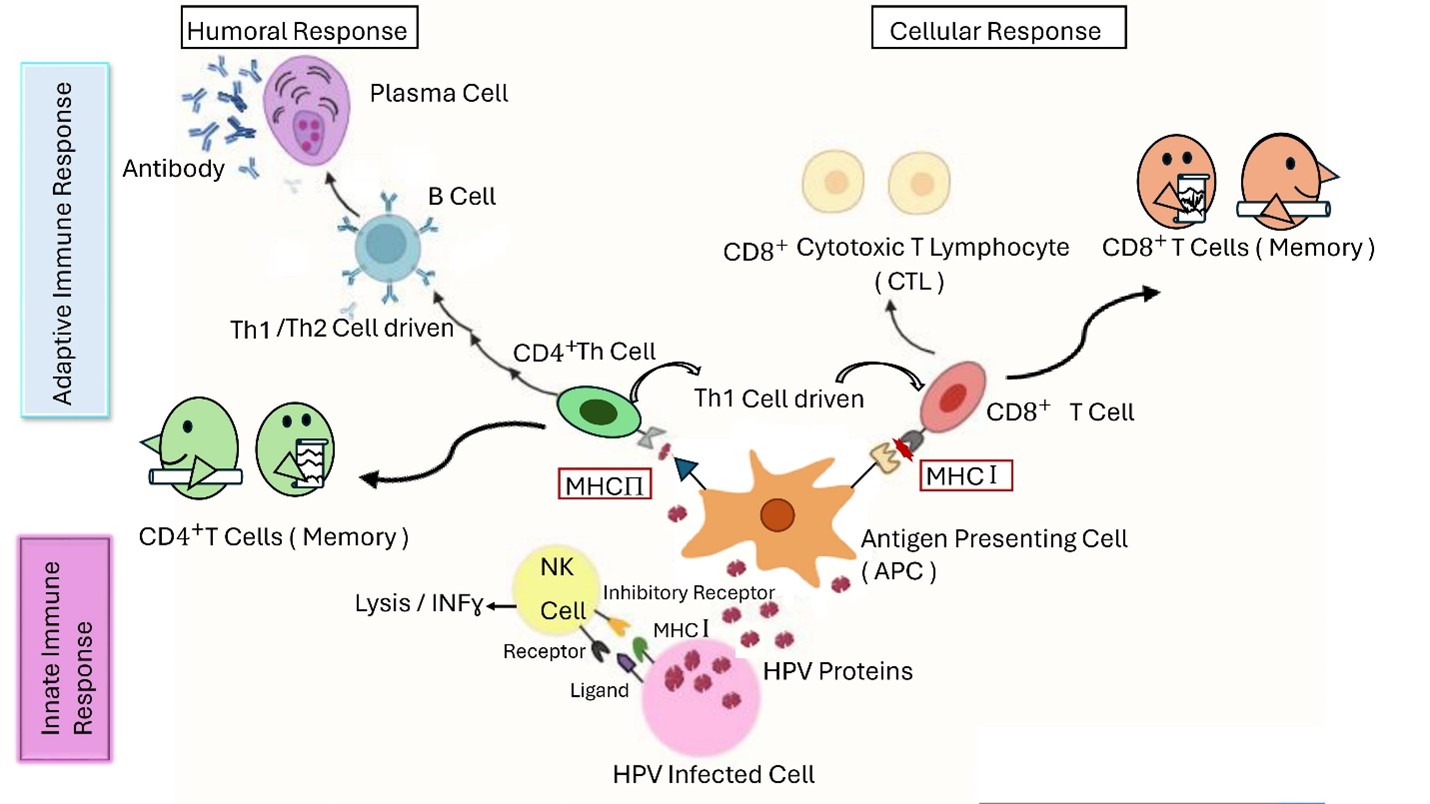
Reassuring New Research Indicates Newborns Expel HPV Naturally Without Medical Aid
A pioneering Canadian investigation has given hopeful news to soon-to-be parents: infants who acquire the human papillomavirus (HPV) from their mothers during gestation or birth almost uniformly eliminate the virus intrinsically—and swiftly. The study, recently released in the Journal of Infectious Diseases, highlights the strength of the infant immune system and suggests that HPV transmission during delivery might be far less alarming than previously thought.
Conducted by epidemiologist Helen Trottier at the Centre de recherche Azrieli du CHU Sainte-Justine and Université de Montréal’s School of Public Health, the research monitored babies born to HPV-infected mothers over multiple years—providing significant long-term insights on a subject that was once clouded with uncertainty.
Effective Immune Response: Virus Removed Within Months
The researchers followed 200 newborns for two years and an additional 75 children for five years as part of the HERITAGE (Human Papillomavirus Perinatal Transmission and Risk of HPV Persistence Among Children) project. Their results not only affirm that HPV can be transmitted perinatally but also emphasize how swiftly the virus vanishes from infants’ bodies.
On average, infants who contracted HPV during delivery eradicated it within approximately 3.9 months without requiring any medical intervention. Even more optimistic, all children were HPV-free by the age of 24 months. Trottier and her colleagues observed only a small number of persistent or recurring cases throughout the research, accounting for just 2–4% of infections.
“This data is very uplifting,” remarked Eméra Alice Bénard, a master’s student at Université de Montréal and the study’s primary author. “Even if transmission takes place, the likelihood of the baby developing a severe or enduring form of the virus is very, very minimal.”
Understanding Transmission Patterns: A Low-Risk Occurrence
Among the 422 HPV-positive mothers participating in the study, approximately 7.3% transmitted the virus to their newborns, a rate that aligns with prior estimates but has been refined through extensive testing across various areas of the infants’ bodies. By exploring transmission pathways and timing, the study also clarified the differences between infections acquired during childbirth and those obtained postnatally from other caregivers.
Notably, in several instances, HPV surfaced later in infancy, suggesting horizontal transmission—likely via everyday caregiving tasks such as diaper changes or shared bathing. These late-onset cases, like perinatal infections, resolved naturally and did not continue beyond early childhood.
Key Findings at a Glance
The study provides several insights beneficial for both healthcare providers and expectant individuals:
– HPV transmission from mother to infant is rare, happening in only 7.3% of instances.
– When transmission does occur, infants generally expel the virus naturally within four months.
– The possibility of an HPV infection lingering or reappearing in infants is exceedingly low (2–4%).
– All babies in the study exhibited complete viral clearance by 24 months of age.
– Across a 3–5 year follow-up, no HPV infections were found in the children.
These findings lend empirical backing to a predominantly reassuring perspective regarding HPV and newborns, even in cases where maternal infection is present during pregnancy.
HPV Dangers in Adults: Vaccination Remains Crucial
While the study brings favorable news about infant health, the research also underscores the significant contrast in immune responses between infants and adults. Unlike babies’ highly effective ability to eradicate the virus, adults frequently develop persistent HPV infections that can progress to more severe conditions. HPV is currently the primary cause of cervical cancer and is linked to around one-third of head and neck cancers in adults. It has also been associated with an increased risk of complications such as premature birth.
Given these risks, HPV vaccination continues to be a crucial public health recommendation. “Vaccination is a highly effective means of preventing HPV,” emphasized Trottier. “Even if the risk is low for infants, it is critical to protect oneself.” The vaccine is most beneficial when given before individuals become sexually active, usually during adolescence.
Reassurance for Expectant Parents
As HPV testing becomes more prevalent during prenatal care, these new insights provide timely comfort for expectant parents. Receiving a positive HPV test during pregnancy can cause anxiety, yet this research demonstrates that in almost all cases, infants who acquire the virus are swiftly and naturally relieved of it.
By adding to the growing understanding of HPV transmission and immunity, this study helps mitigate stigma and fear, shifting the focus toward science-based reassurance and practical guidance. Ultimately, the robust immune systems of newborns serve as yet another testament to nature’s finely-tuned efficiency—offering solace to families and clinicians alike.
Surrounded by biology’s own safeguards, infants born to HPV-positive mothers have every reason to flourish.